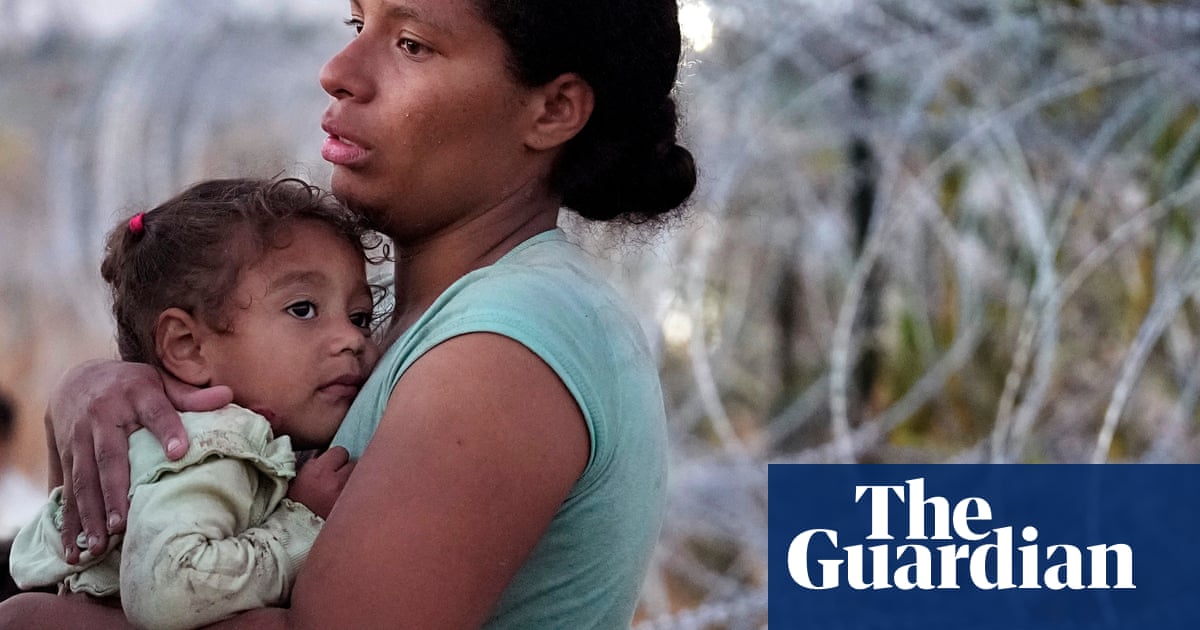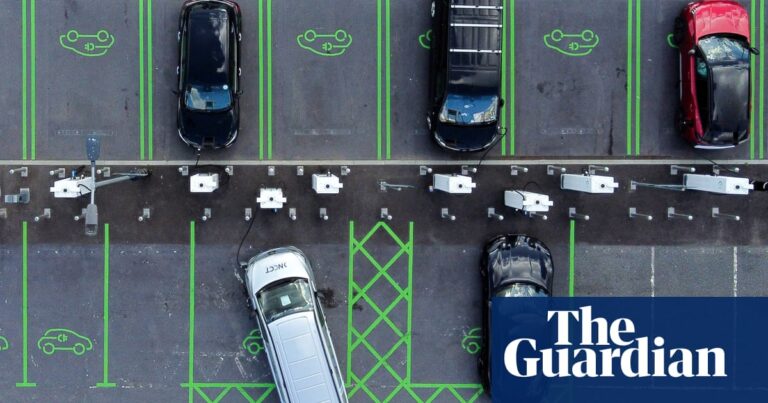
Joe Biden and Donald Trump are in competition to dominate the discussion surrounding immigration, using border visits and rallies to do so. This topic, along with Mexico’s involvement, is at the center of the upcoming election.
Tasking Mexico with decreasing the number of arrivals at the border has given the US’s neighbor power over political debates within the US. As a result, many migrants are now stranded in Mexico, facing threats of extortion and violence as they attempt to reach the northern border.
According to Ari Sawyer, a researcher at Human Rights Watch, the Darién Gap was once considered the most terrifying aspect of their journey, but now many are claiming that Mexico is even worse. Sawyer referred to Mexico as the “new jungle.”
There are two components to Mexico’s central role in US immigration.
A large number of Mexican citizens are currently immigrating to the US, making Mexico the most common country of origin for immigrants.
The US has relied on Mexico to enforce immigration policies during Andrés Manuel López Obrador’s presidency. This role has developed since 2018 due to a significant increase in the number of migrants attempting to enter the US through Mexico.
The number of detentions for undocumented migrants has quadrupled since the pandemic, with almost 800,000 in 2023 compared to previous years.
The actions taken by Mexican authorities towards detained individuals are not transparent.
As per Tonatiuh Guillén, a previous commissioner at Mexico’s National Institute of Migration, individuals who are detained should be brought to a migration office for evaluation. Additionally, consulates should be notified and a determination should be made on whether to facilitate their repatriation.
According to him, if the official statistics for detentions are correct, it would be well beyond the capabilities of Mexico’s institutions to handle them.
Deportations have not increased at the same rate as detentions. In fact, there was a decrease last year, with a little over 50,000 deportations.
During López Obrador’s first year as president, the proportion of deportations out of all detentions was 88%. By 2023, this percentage had dropped to 6.8%.
According to human rights organizations, migrants are not being allowed to continue their journey but instead are being placed on buses and returned to the south, including the border with Guatemala.
Rafael Velásquez, the Mexico director of the International Rescue Committee, stated that if someone is arrested in Mexico City, they will be taken to Acayucan. If they are arrested in Acayucan, they will then be transferred to Villahermosa. And if they are arrested in Villahermosa, they will ultimately end up in Palenque. Essentially, the process involves taking a step back at each location.
In addition, measures have been implemented to increase the challenges faced by migrants attempting to travel north. These measures include establishing checkpoints on roads and intensifying efforts to prevent migrants from boarding cargo trains.
Velásquez stated that there are certainly methods in place to limit individuals’ mobility within the country. However, these methods are not clearly outlined and when seeking information about them, the details remain unclear.
Paired with the consistent arrivals at the south border and the decrease in deportations, this suggests that there is a growing number of migrants who are trapped in their journey through Mexico. According to Sawyer, it’s as if they are unable to escape this never-ending cycle.
Since there is no comparable plan for integrating migrants into society, they are at a heightened risk.
They frequently cannot hold jobs legally, constantly facing threats from authorities, and occasionally being abducted and vanishing at the hands of criminal organizations.
The current resources available to assist migrants have been overburdened.
Guillén stated that without civil society organisations addressing humanitarian concerns, the situation would worsen.
The number of unauthorized entries over the border reached an all-time high in December 2023, causing a decline in Biden’s support and sparking important discussions between American and Mexican leaders. However, they have since decreased by nearly fifty percent, a significant decrease even when factoring in typical trends seen during certain times of the year.
American authorities attributed the decrease in border crossings to Mexico’s increased enforcement efforts.
Sawyer stated that the US relies on Mexico for controlling and enforcing immigration. Additionally, López Obrador has been willing to sacrifice the rights of migrants and asylum seekers in exchange for political gains with Washington.
In Mexico, this deal carries a relatively low price in terms of political consequences.
According to Guillén, while migration is a significant issue in the US, it is not a major concern in Mexico. He points out that tragic events like the detention centre fire in Ciudad Juárez, where migrants lost their lives, do not carry much political consequences.
“There is a state of quietness, despite occasional noises, ultimately resulting in a deep silence.”
Source: theguardian.com


















